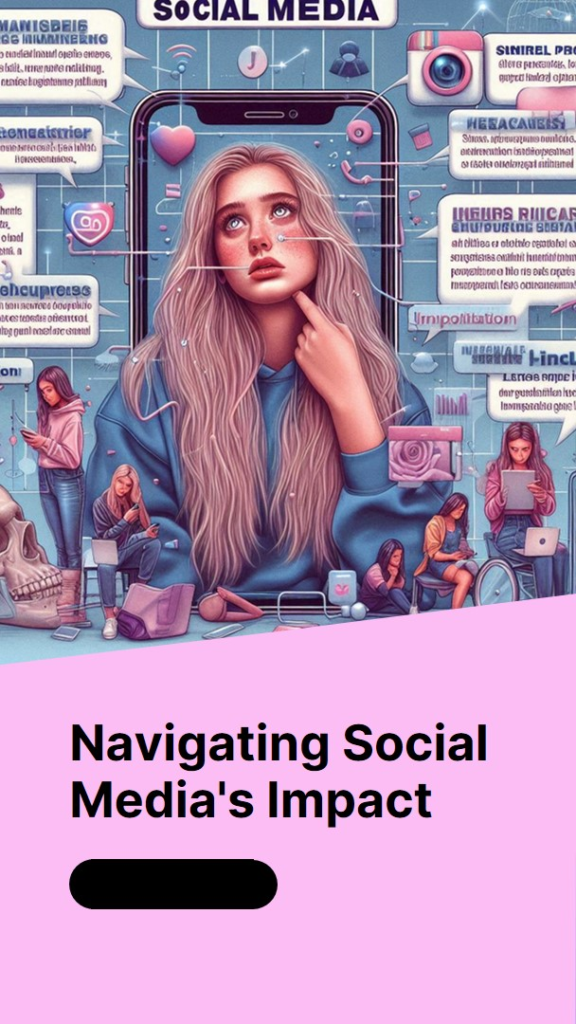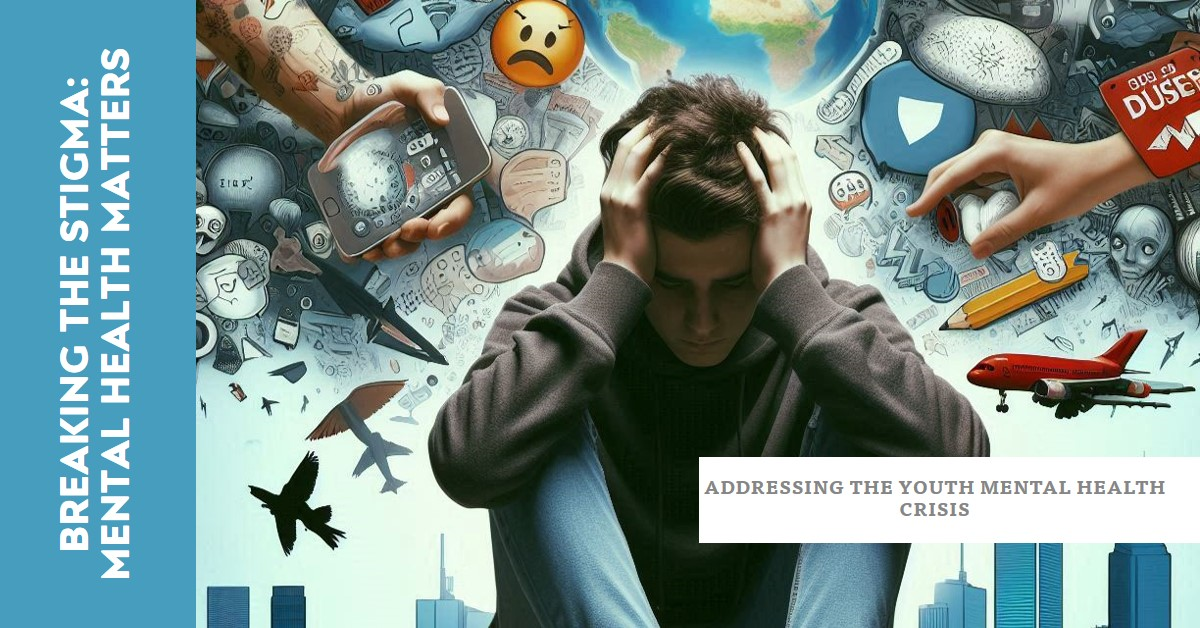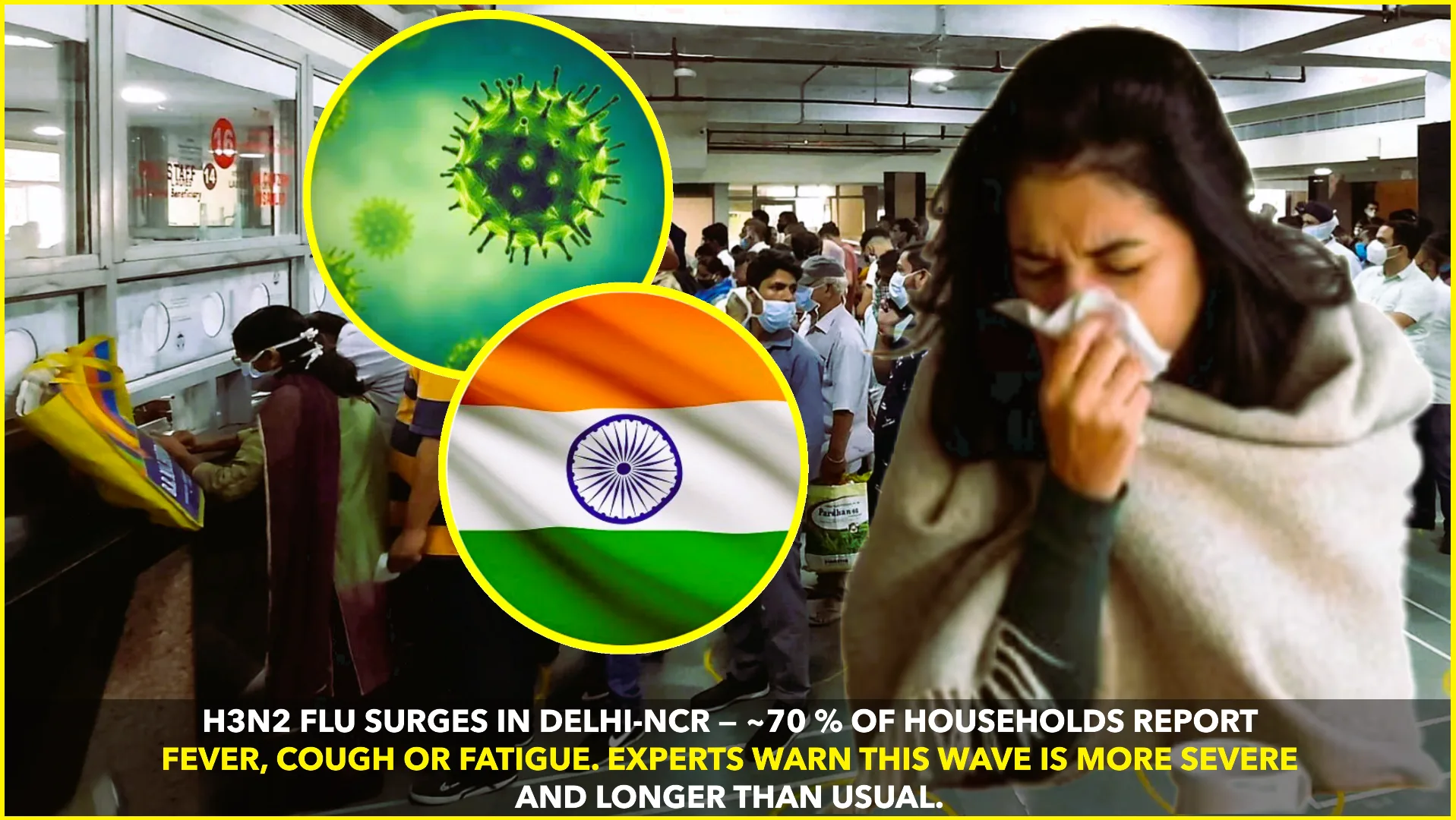In recent years, the world has witnessed an alarming rise in mental health issues among young people. Anxiety, depression, and suicide rates are climbing at an unprecedented pace, painting a grim picture of the well-being of the next generation. This escalating crisis is not confined to one region or culture; it is a global phenomenon that demands urgent attention and action.
The Growing Epidemic

Mental health disorders have long been a concern, but the situation has worsened dramatically, particularly among adolescents and young adults. According to the World Health Organization (WHO), depression is now the leading cause of illness and disability among teenagers. In many countries, suicide has become the second leading cause of death for people aged 15-29, surpassed only by road traffic accidents.
Several factors contribute to this surge. The pressures of modern life, academic stress, social media influences, and economic uncertainty are just a few of the stressors young people face. The COVID-19 pandemic has further exacerbated these issues, with prolonged lockdowns, social isolation, and the shift to online learning intensifying feelings of loneliness, anxiety, and hopelessness.
The Impact of Social Media
Social media, while offering connection and community, has also played a significant role in the mental health crisis. Platforms like Instagram, TikTok, and Snapchat can perpetuate unrealistic standards of beauty, success, and happiness, leading to feelings of inadequacy and low self-esteem among young users. Cyberbullying, online harassment, and the pressure to maintain a perfect digital persona add to the mental strain.

Moreover, the constant exposure to distressing news and global events on social media can heighten anxiety and create a sense of helplessness. For many young people, the online world has become a double-edged sword—a place where they seek validation but also encounter relentless judgment.
The Stigma Surrounding Mental Health
Despite growing awareness, mental health remains stigmatized in many cultures. Young people are often reluctant to seek help due to fear of being labeled as weak or crazy. This stigma prevents them from discussing their struggles openly, leading to untreated conditions that can escalate into severe depression or suicidal thoughts.
In some regions, mental health services are either inadequate or inaccessible, leaving young people with limited options for support. The lack of mental health professionals, particularly in low- and middle-income countries, further exacerbates the problem. Even in wealthier nations, long waiting times and high costs can deter young people from seeking the help they need.
The Need for Comprehensive Support Systems
Addressing the mental health crisis among youth requires a multi-faceted approach. Schools, communities, governments, and families all have a role to play in creating a supportive environment for young people.
- Education and Awareness: Schools should incorporate mental health education into their curricula, teaching students about stress management, emotional resilience, and the importance of seeking help. Raising awareness about mental health can help reduce stigma and encourage more young people to speak out about their struggles.
- Access to Mental Health Services: Governments must invest in mental health infrastructure, ensuring that young people have access to affordable and timely care. This includes increasing the number of trained mental health professionals and expanding telehealth services to reach those in remote areas.
- Supportive Communities: Community programs that provide safe spaces for young people to connect, share their experiences, and access support are crucial. Peer support groups, mentorship programs, and youth clubs can offer a sense of belonging and reduce feelings of isolation.
- Parental and Family Involvement: Families play a critical role in a young person’s mental health. Parents should be educated on recognizing the signs of mental distress and encouraged to foster open communication with their children. Creating a supportive home environment where mental health is discussed without judgment can make a significant difference.
- Social Media Literacy: Teaching young people how to navigate social media responsibly is essential. This includes educating them on the potential mental health impacts of social media, promoting digital detoxes, and encouraging them to follow accounts that promote positivity and well-being.
Moving Forward
The mental health crisis among youth is a pressing global issue that cannot be ignored. The rising rates of anxiety, depression, and suicide are a wake-up call for society to take immediate and meaningful action. By prioritizing mental health, breaking down stigmas, and providing robust support systems, we can help the next generation navigate the challenges of modern life with resilience and hope.
#epicinfinite #epicarticle #epicblog
We’d love to hear your thoughts on this important topic. How can we better support youth mental health? Share your comments below!










